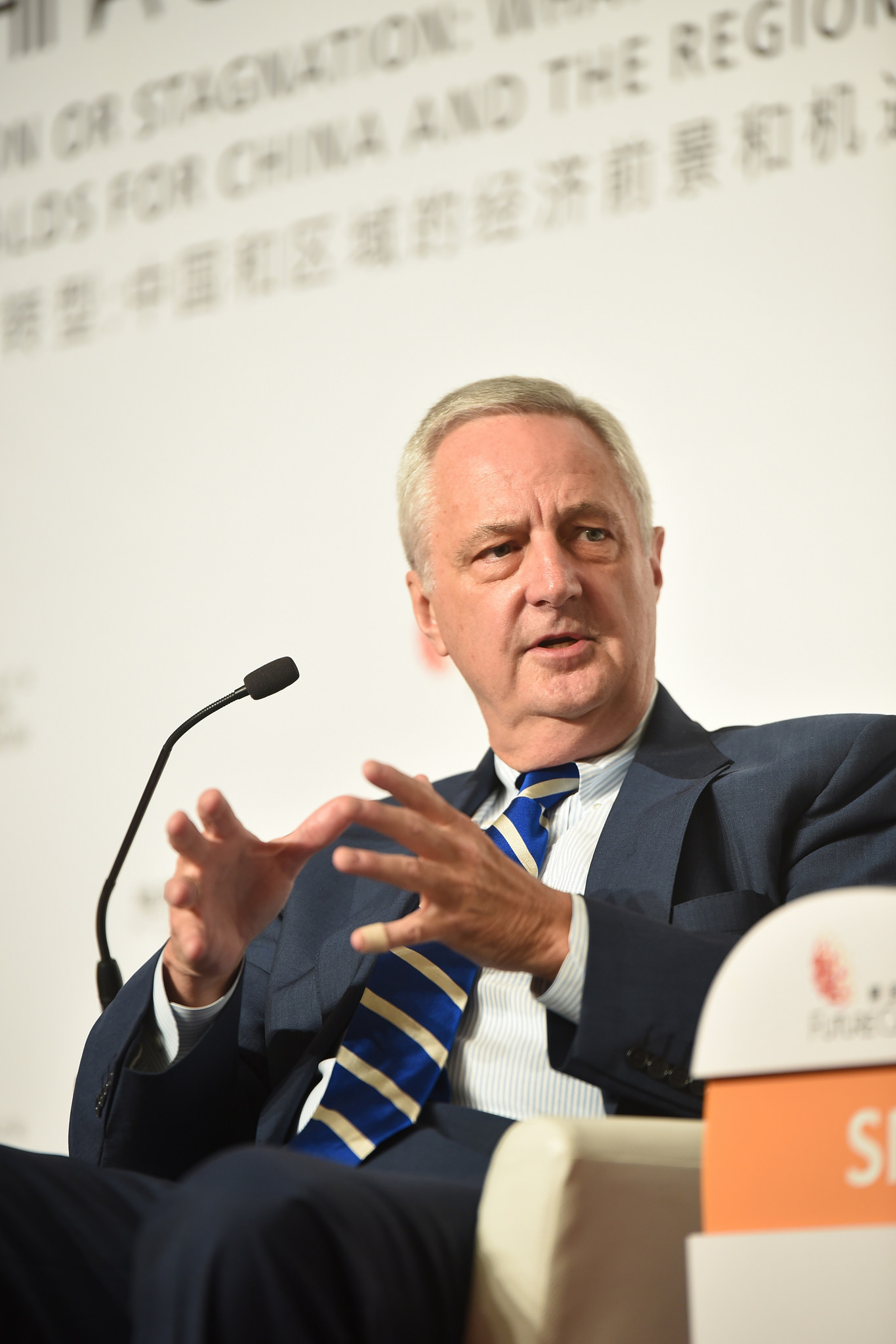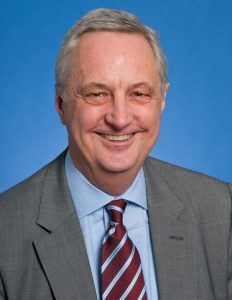Professor David Shambaugh is an internationally recognized authority on contemporary China and the international relations of Asia, with a strong interest in the European Union and transatlantic issues. He is also a prolific author, having published more than 30 books and 300 articles. We asked him to share his insights on the recent significant political developments in China.
Q: As a well-known and highly regarded China expert, do you agree with the US Department of Defense’s new strategy report claiming that China’s fast-growing technological and military capabilities make it a greater threat to America than terrorism?
A: Yes I do. Of course, they are both significant threats to American security. Terrorism is always a near-term threat, while China is more of a long-term potential threat. But China’s military capabilities are rapidly improving–and they already challenge US allies in the Western Pacific, as well as the ability of the US Navy and other military forces to operate in that theater. This is only going to increase over time.
Q: What is your opinion of China’s plans to remove presidential term limits from its constitution, allowing President Xi Jinping to stay on beyond his second term, which ends in 2023? What impact will the decision have on U.S. foreign policy in regards to China?
A: Well, this is another indication of Xi Jinping’s concentration of power in himself and continuing rollback of norms, regulations, and institutions inaugurated by Deng Xiaoping nearly four decades ago and rigorously adhered to since then. This is not good for the Chinese political system, and in my view weakens it. For the United States, and all of China’s other interlocutors, this means we will be dealing with Xi Jinping for a very long time to come–unless, he encounters health difficulties or is overthrown. Xi Jinping is a very powerful and strong leader for China, and he has a clear vision of how he wants to “make China strong again.” China is going to increasingly challenge the United States across the globe, and we had better have a sensible strategy to deal with it.
Q: In addition to being a GW faculty member, you are also a GW alumnus, having received your BA in 1977 from the Elliott School’s predecessor, the School of Public and International Affairs. What was the university like when you were a student here and how has it changed?
A: There has certainly been a lot of change in the forty years since I was an undergraduate on campus. The physical transformation of buildings and the classrooms has been a noticeable improvement. New institutions have also appeared–such as the Elliott School–while some have disappeared, such as the Institute of Sino-Soviet Studies. The establishment of the Elliott School, and its rising international reputation, has truly been a major accomplishment. Also, in those years, the university was almost totally a commuter university with little on-campus life — my impression is that there is much better campus life for undergraduates nowadays (including on Mount Vernon campus). Academically, the university was always good, but has gotten much better. The faculty hires are now much more rigorous, and we are attracting top scholars. All in all, as I walk across campus, I frequently reflect on the growth and changes in the university since I was an undergraduate exactly four decades ago.


